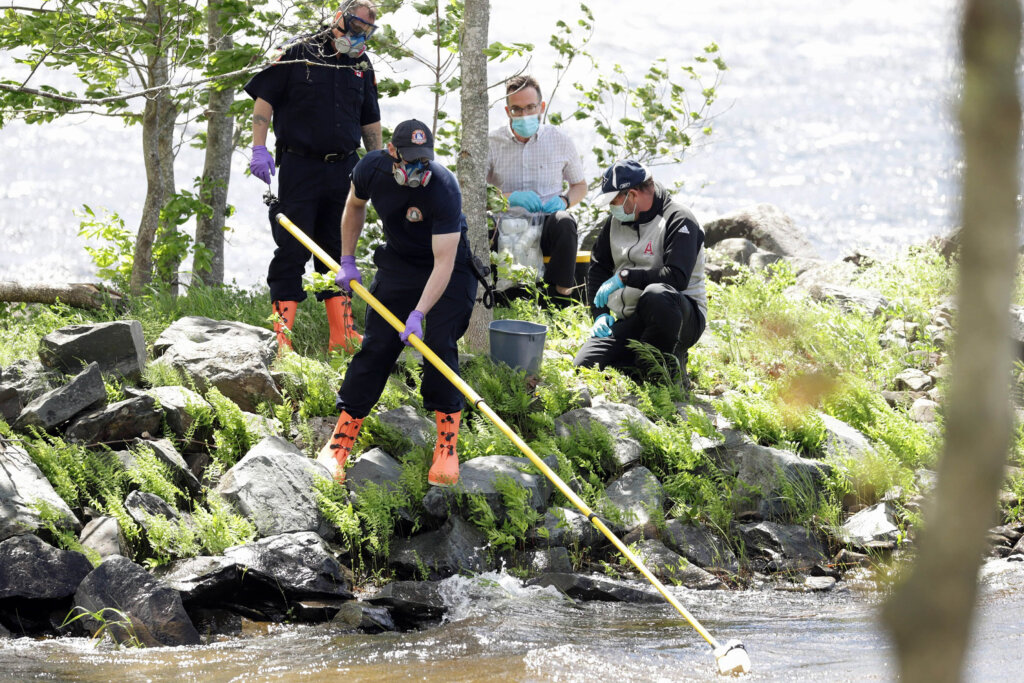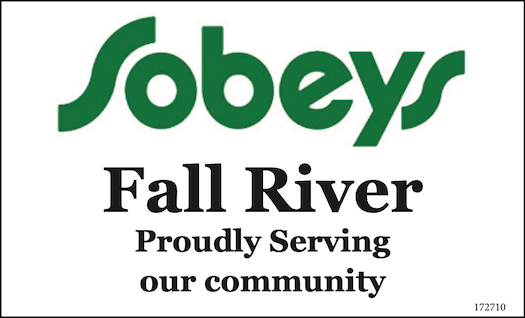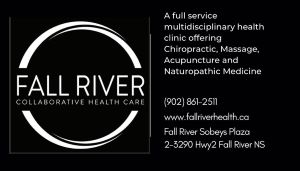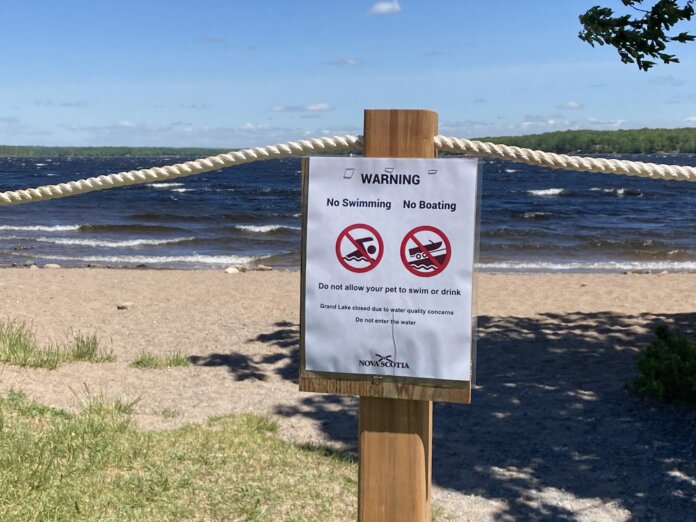
OAKFIELD: A day after some sort of mystery substance sent a woman to hospital and left two family pets dead, the Department of Environment and Climate Change has taken water samples from Grand Lake and Fish Lake, near the Wellington and Enfield areas, to be tested for two types of toxins produced by blue-green algae.
Assisted by Halifax Regional Fire & Emergency Tac 12, Environment staff did rapid tests on the samples for the presence of the toxins.
The water samples will be sent to a private laboratory to test for pesticides, organic and inorganic materials, as well as petroleum hydrocarbons. The test results will be released once available.
A sample of sludge found in the lake is being sent to a specialist to identify.
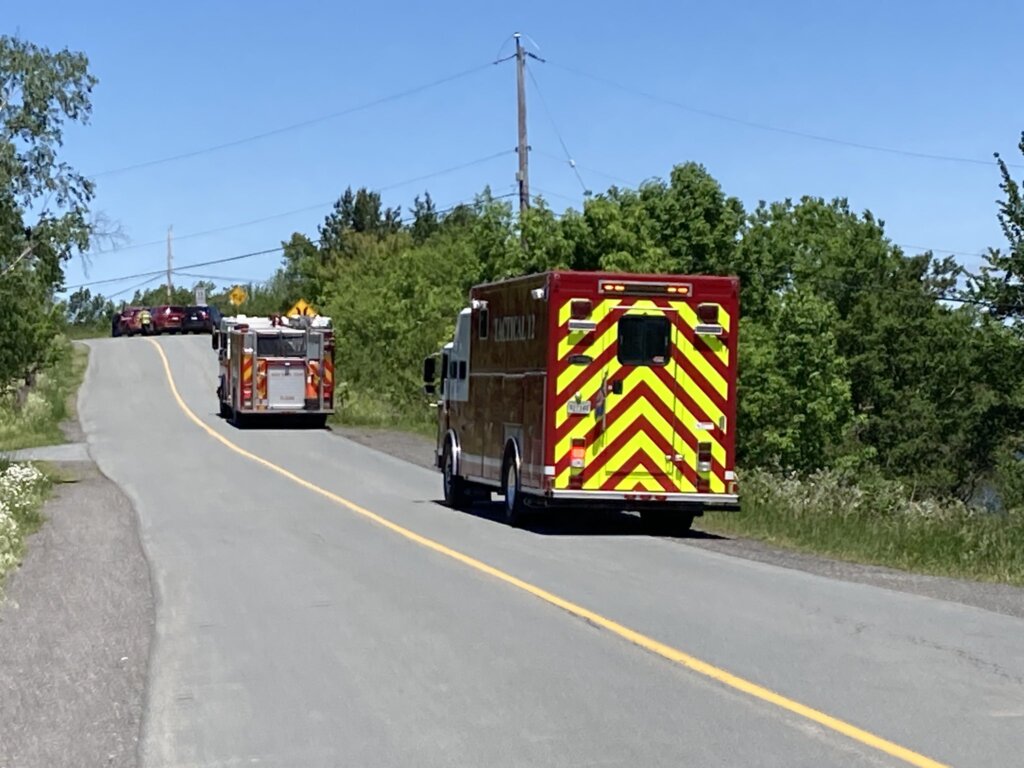
Homeowners with wells that are 30 metres or less deep and are located within 60 metres of Grand Lake should not use their well water for drinking, bathing or cooking until further notice.
People should not boat or swim in the lake, and pets should not be allowed to swim in or drink the water.
The department recommends against homeowners using lake water as the water supply for their homes. For those who do not have municipal water, well water is the recommended source.
Homeowners who do use a surface water supply, like lake water, must ensure the water has been properly filtered and disinfected.
Anyone not on municipal water should always test their water for bacteria every six months, and for chemical contaminants every year.
Both beaches at Laurie Park and Oakfield Park remain closed, however both parks are open.
Video of testing at Grand Lake. Video by Communications N.S.
Halifax Water and the Municipality of East Hants advise that municipal water supplies are safe to drink.
Additional Resources:
For more information about lake, river and ocean water safety, visit https://novascotia.ca/nse/surface.water/docs/SurfaceWaterQA.pdf
For those who aren’t sure how deep their well is, more information is available at https://novascotia.ca/nse/groundwater/welldatabase.asp
